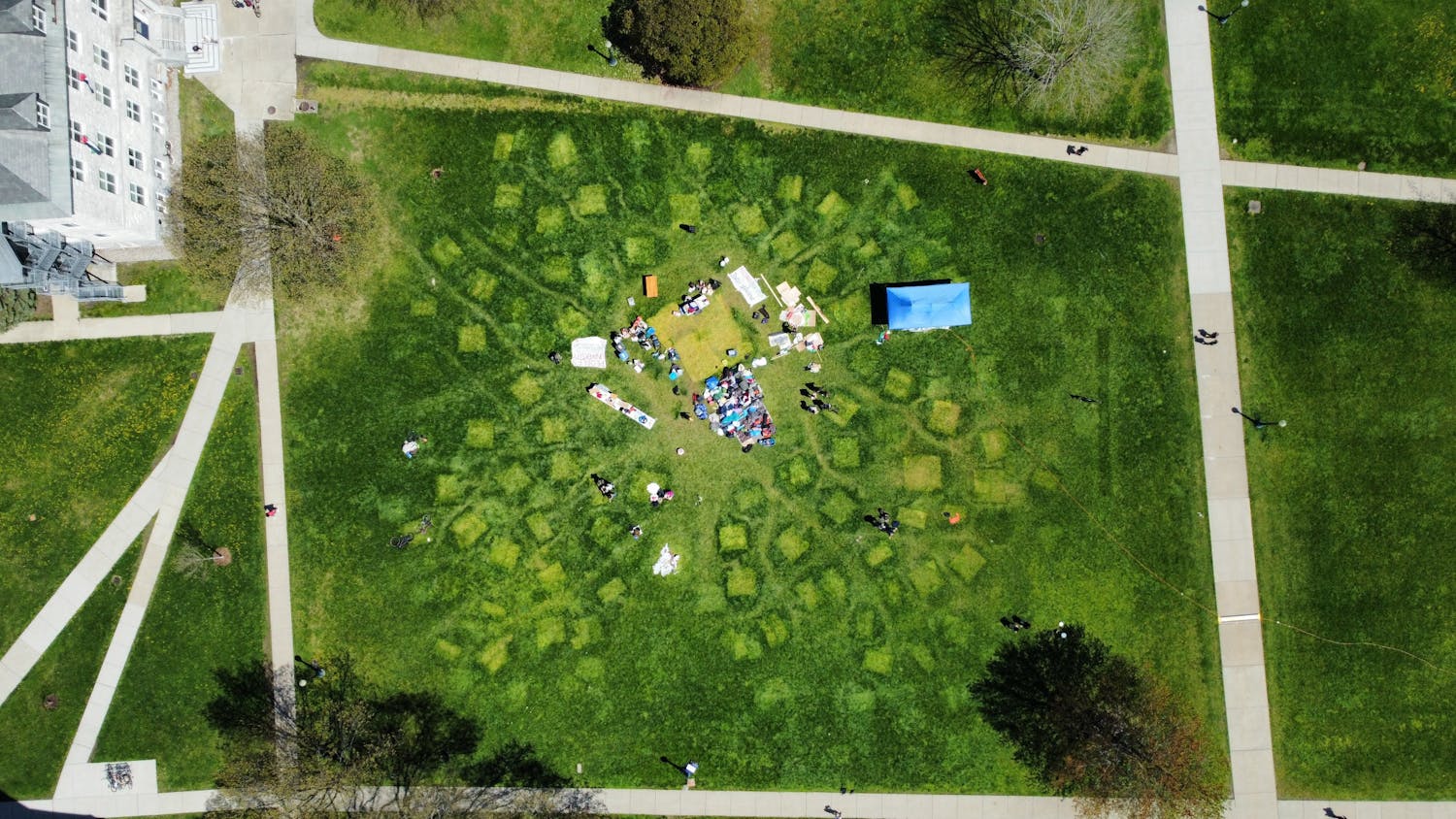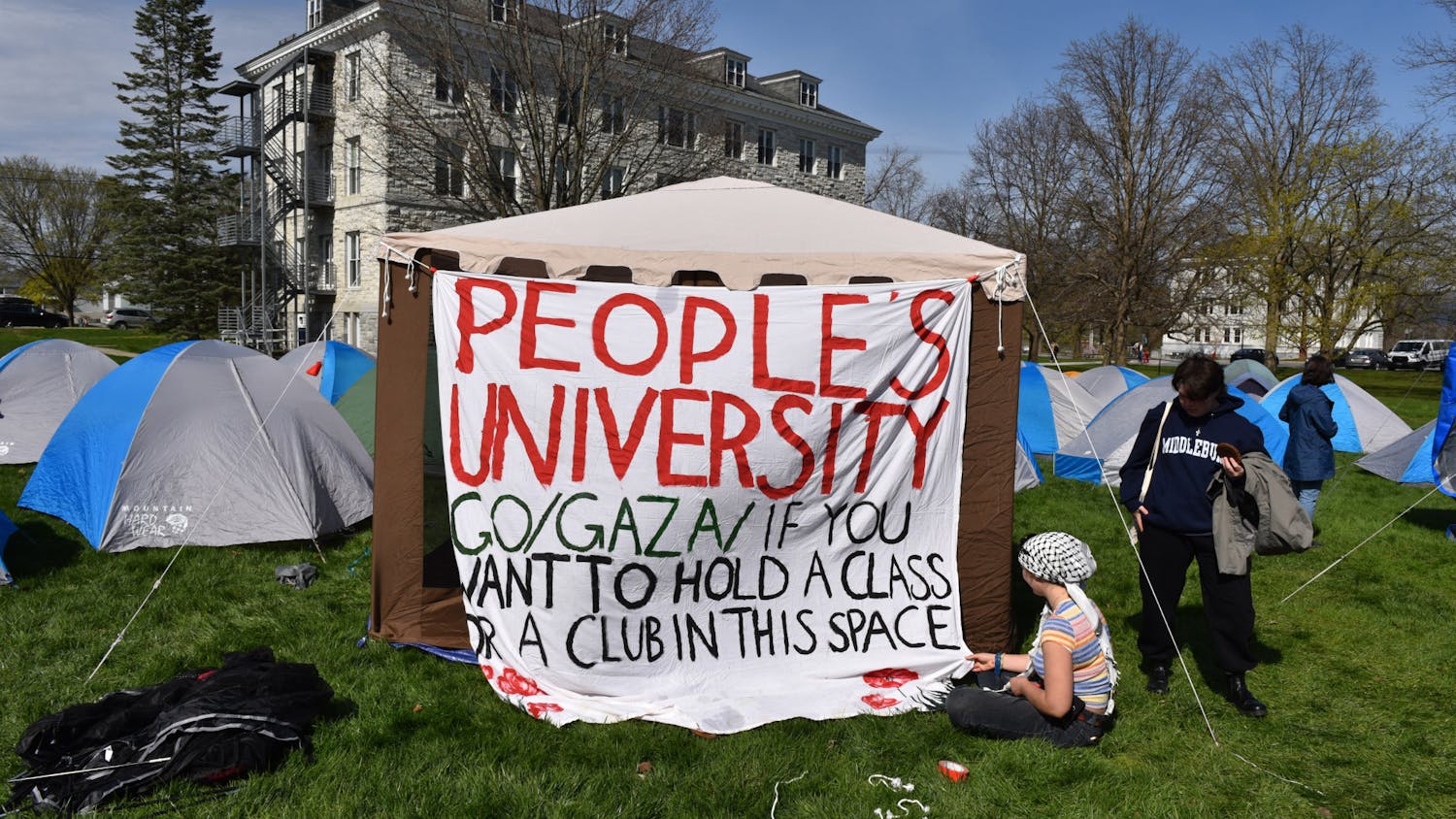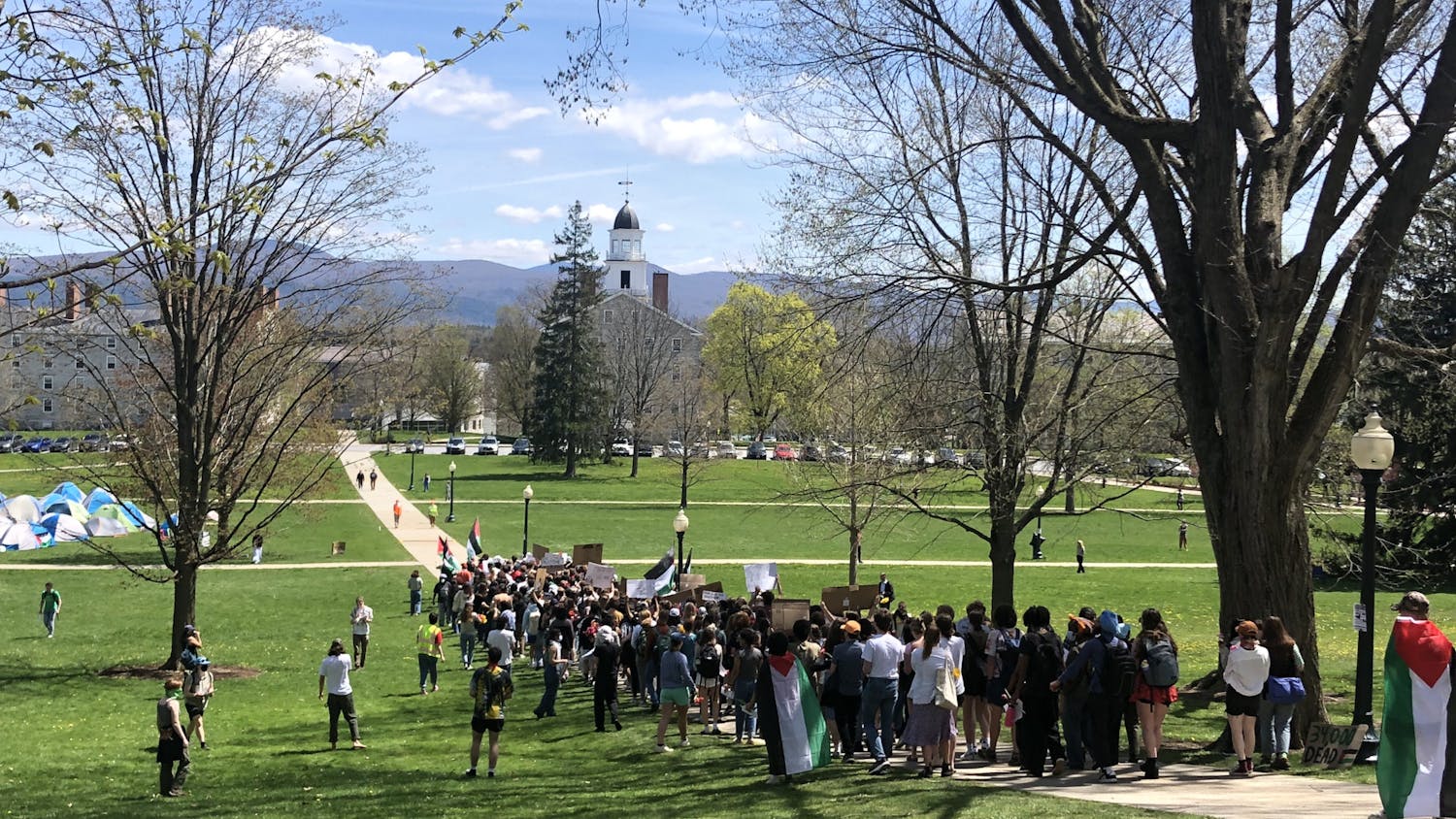Administrators have enacted a major strategic realignment of responsibilities in recent months as part of an ongoing effort to integrate academics and student life on campus. Though most of the changes became effective July 1, many remain in transition as areas of administrative oversight shift.
President of the College Ronald D. Liebowitz outlined the changes in a campus-wide e-mail sent July 6. Among the most striking is the return of Shirley Collado, who left her position as Vice President of the Office for Institutional Planning and Diversity in December 2009 and returns this year as the new Dean of the College and Chief Diversity Officer (CDO). In this role, Collado acts as both the College’s chief student affairs official as well as its head of diversity-related initiatives.
“What we’re doing is folding all of the diversity goals of the CDO and fusing them essentially into the function of the Dean of the College,” said Collado. “That allows me … to really infuse diversity initiatives and goals that are in line with the mission of the College. And actually I think it’s exactly what we need to be doing.”
Collado cited a seminal 2006 report, submitted by the Human Relations Committee under the guidance of chair and Dean of Students Gus Jordan, which was tasked with evaluating “the current climate of diversity on campus across all sectors of the College,” as the report states. The number one recommendation presented to Liebowitz was the appointment of a CDO on the presidential cabinet.
Collado’s “hybrid” role, as she phrased it, as the College’s chief authority on both student affairs and diversity initiatives, marks a turning point in Old Chapel’s approach to examining issues of diversity and multiculturalism on campus.
“There’s no better place to use the diversity goals and the mission of the College than alongside student life, with what the Dean of the College does,” said Collado. “What I’m most excited about is ‘operationalizing’ that mission — how can we fuse these goals about diversity into every facet of student life?”
Liebowitz seconded Collado’s emphasis on integration — the fusing of what might seem like disparate priorities into a more comprehensive and holistic approach to student education, institutional development, and streamlining the sometimes overwhelmingly bureaucratic structure of College administration.
“If you let the issue of diversity sit off in the corner, nothing happens,” Liebowitz said. “[Collado] can sit off in the corner and preach all she wants about, ‘We’re going to do this and we’re going to do that,’ but it means nothing to the institution unless it’s infused across the whole institution, and that’s how she sees her role.”
As Dean of the College, Old Chapel’s chief student affairs officer, Collado will assume many of the responsibilities formerly associated with previous Dean of the College Tim Spears: she will have direct oversight of the Commons, Community Council, the judicial boards, health and counseling, Public Safety, and the new Center for Education in Action: Careers, Fellowships and Civic Engagement, located in Adirondack House. Her hybrid position as CDO will allow her to, as Liebowitz wrote in his all-campus e-mail in July, “advance diversity initiatives in [the student affairs division], while also supporting diversity initiatives across the institution related to staff, faculty and the academic program.”
A particular focus of Collado’s is the Commons system and residential life as a second key administrative change enacted this summer takes effect. Commons deans will now report directly to their faculty Commons heads instead of reporting separately to the Dean of the College, as was the case previously. This move gives the Commons heads, faculty members who have crossed over from the academic sector of the College to its residential sector, unprecedented authority in the realm of student life.
Both Liebowitz and Collado underscored, however, the administration’s shifting vision of these two areas — academics and student affairs: instead of being kept largely separate administratively and conceptually, Old Chapel, with the wholehearted support of the Board of Trustees, intends to increasingly integrate these two institutional sectors.
It is an approach more closely in line with the College’s Strategic Plan, Liebowitz explained. Just as Collado’s new role will fuse Old Chapel’s academic mission of diversity with its oversight of and involvement in student affairs, giving Commons heads more authority, influence and involvement in their Commons will — the administration hopes — strengthen the connection between academics and “non-academics.”
“Students experience this place as whole people,” said Collado. “They don’t compartmentalize what happens in the classroom and what happens in the residence halls. And we’re trying to mirror that experience structurally. That’s my wish for student life. We’re not off in a corner doing one piece of student life. It’s all of it. And that means integrating the faculty with our work.”
Liebowitz and Collado emphasized how such a strategic approach will set the College apart from peer institutions.
“Middlebury’s doing this very differently than other liberal arts colleges,” said Collado.
Collado will continue former Dean of the College Spears’s “One Dean’s View” blog on student affairs, and says she will encourage students to blog alongside her on issues pertaining to student life. While she adjusts to her new role, both Spears and Dean of Students Gus Jordan are assisting her with her new responsibilities — “to sort of make sure Shirley understands the wackiness that goes on in student life while she gets up and running,” as Liebowitz quipped.
It is a transitional phase; Jordan is enjoying his last semester as Dean of Students. In December, he will replace retiring colleague Gary Margolis and become the new Executive Director of Health and Counseling — a new position, as this year the departments of health and counseling have been combined.
Spears, meanwhile, has assumed the role of Vice President for Administration, taking that title and many of the areas of oversight associated with it from the former Vice President for Administration, Treasurer and Chief Financial Officer (CFO) Patrick Norton.
“[Norton]’s plate is very full,” Liebowitz explained. “If you look at his role now, compared to almost any CFO at almost any comparable school, he is up to his ears.”
Spears assumed oversight of Dining and Facilities Services, from Norton, a huge load that marked a dramatic shift for the two administrators. As Liebowitz noted, it makes more sense. Spears was already a “good candidate” for assuming these kinds of responsibilities, given his prior administrative experience, and “just the amount of work that our CFO has to do made it really impossible to have one person do it all.”
As Vice President for Administration, Spears will continue his oversight of Library and Administration Services, athletics, communications, scheduling and other administrative areas less directly related to student affairs — Collado’s jurisdiction — or academics — the jurisdiction of Provost and Executive Vice President Alison Byerly, whose responsibilities remain more or less unchanged this year.
The motivation behind the whole set of changes is twofold. Streamlining cuts costs, and budgetary issues — including staffing cuts — were certainly behind the juggling of oversight that administrators have undertaken this year. But Liebowitz repeatedly stressed the thematic significance of these moves. According to him, they break down the barrier between academics and student life, they utilize administrators’ skills and resources in a more effective way and they will lead to increased transparency between Old Chapel and students — a hugely important issue, and one that is often the source of much controversy and frustration for students.
“The things that matter most are — are the people that students need to see as accessible there, are they responsive to student needs?” Liebowitz said. “And is our administration becoming better — I don’t think we’ll ever be perfect — at reducing the bureaucratic walls that get in the way of a student’s education and the smooth functioning of the institution? All of the changes that we make are done toward improving the overall education and running of the institution.”
Old Chapel dramatically realigns responsibilities
Comments



